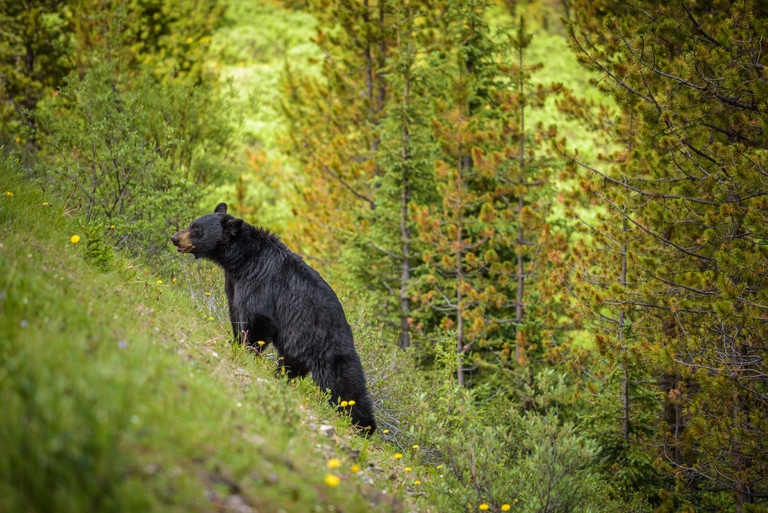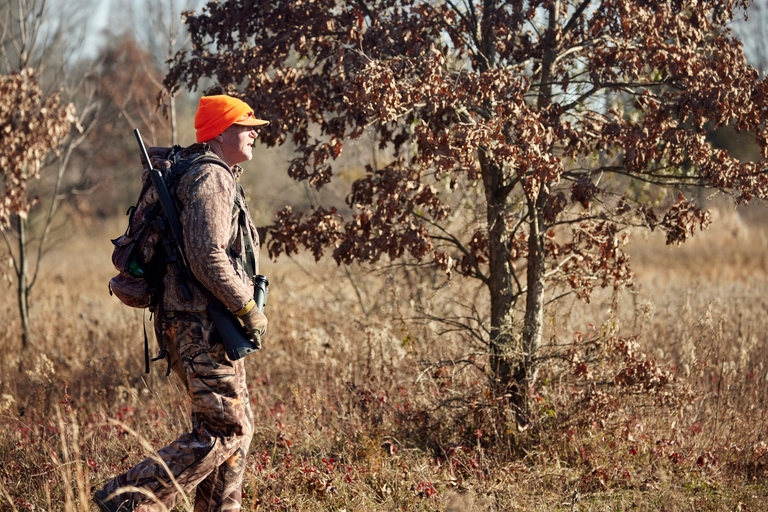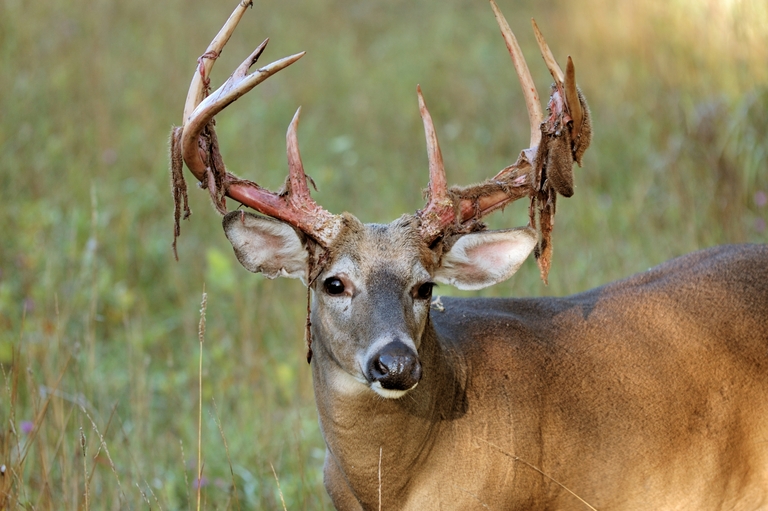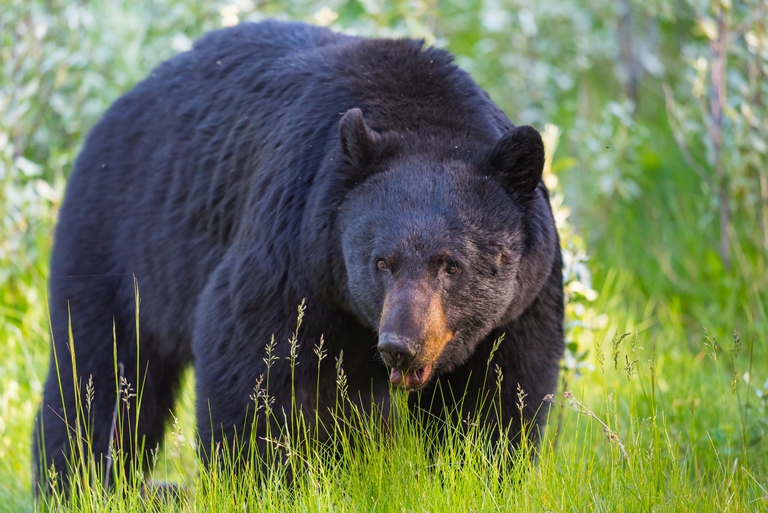Why Conscientious Eaters Take To Hunting as Locavores
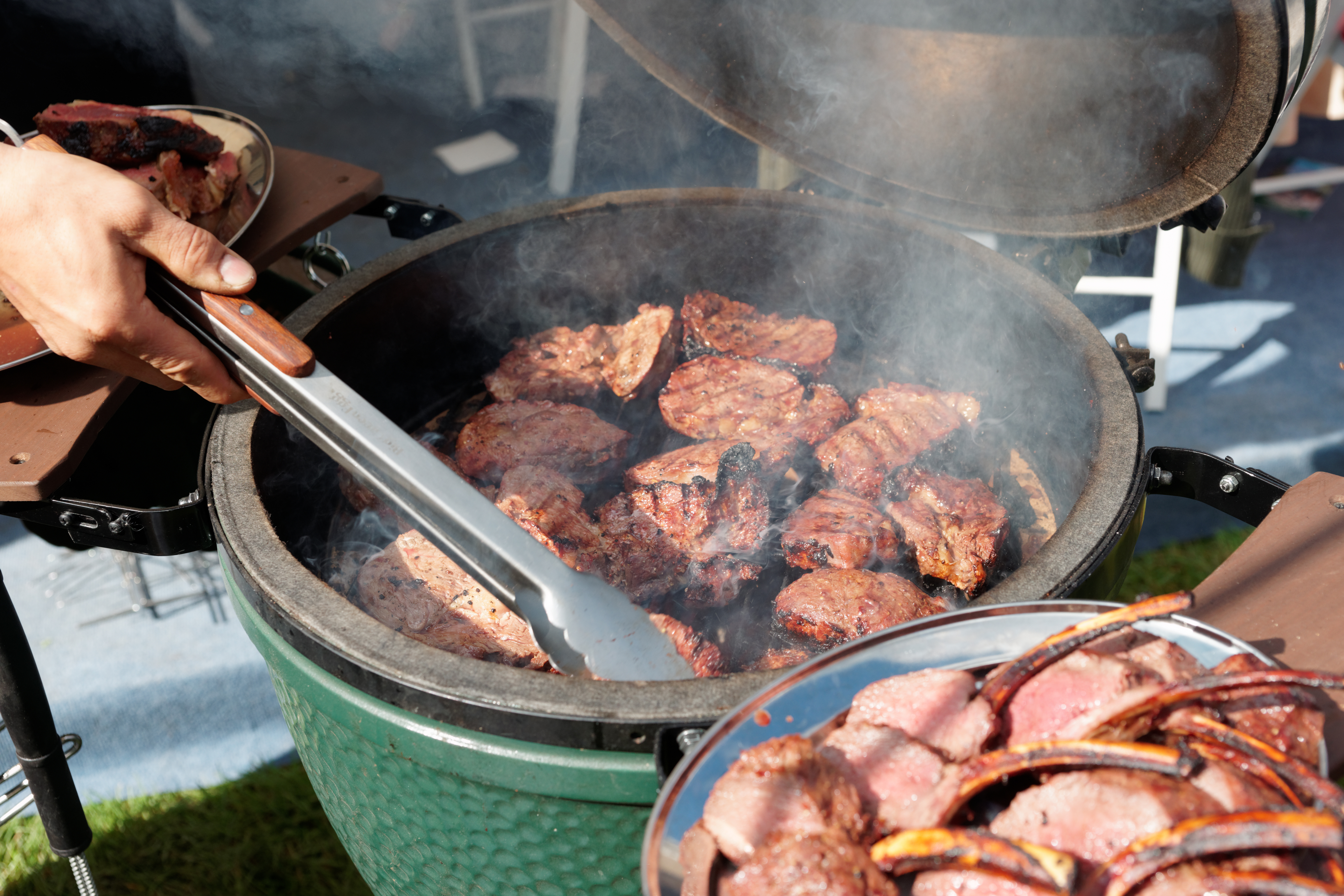
There's been a rise in locavore hunters – people who hunt not because of tradition or trophies but because they're conscientious eaters seeking a deeper understanding of where their food comes from.
This difference in motive, however, doesn't make these "locavores" any less passionate about the sport. In fact, this group is a possible reason for the increase in hunters in the U.S. between 2006 and 2011.
What exactly makes a conscientious eater take the leap from simply eating locally harvested foods to grabbing a bow and hunting on their own? Keep reading to learn more about locavores!
What Is the Rationale for a Locavore Lifestyle?
Why do locavores do what they do? Isn't it easier to just go to the grocery store?
It probably is, but locavores source food locally and prioritize conscientious eating more than the challenge or trophies that other hunters might prioritize.
The Cost to Animals
According to writer and former vegan Tovar Cerulli, the first step is recognizing that everything he ate had a cost to animals.
"Clearing land for agriculture destroys wildlife habitat. Birds, rabbits, and rodents get minced by grain combines, and fish get poisoned by fertilizer and pesticide runoff. Growing crops of all kinds depends on keeping white-tailed deer populations in check: hunters and farmers kill them by the millions every year.
Even in the garden my wife and I were growing, we had to deal with ravenous insects and fence-defying woodchucks. We also had to feed the soil, and the most readily available fertilizer came from local dairy farms."

Nutritional Value
Another factor is nutritional value. Writer Kristen Schmitt, pictured above, switched from vegetarian to meat eater after a recommendation from her doctor.
She says, "I wasn't getting enough quality protein in my diet and decided to switch back to an animal-based diet." Tovar's doctor gave similar instructions, suggesting that veganism may have caused his lack of energy and weak immune system.
A Connection the Grocery Store Can't Offer
So, why not just head to the grocery store and pick up packaged meat? Tovar and Kristen say there is much more to it than that.
Tovar explains that he took up hunting "as a way of confronting mortality: the fact that my life and diet are inextricably linked to the lives and deaths of animals and the larger fact that all of nature exists this way."
For Kristen, hunting is beneficial because it allows her to connect with the food on her plate and understand how nature influences everything she consumes. She also believes that hunting is important from an ecological and environmental standpoint.
"You are taking essentially one animal out of its natural and native environment, which leaves less of an ecological footprint than commercial-sized farms."

More Women Hunters
With the rise of locavores, another group has been quickly growing in the hunting world: women.
When asked if she would suggest hunting to other women, Kristen said, "I would definitely recommend anyone interested in hunting give it a try. It brings you closer to nature, gives you confidence in your abilities, and is a very empowering activity. I enjoy spending time outdoors practicing archery and also teaching my daughter how to use her bow."
So whether you hunt because of tradition and passion for the activity or because you value locally harvested food, one thing's for sure – hunting is time well spent.
Don't believe us? Take it from Kristen, who says, "Hunting is a great way for families to spend time together – away from the computer or television screens."
Become a Locavore and Hunt Safely with Hunter Education
Staying safe must be a priority no matter why, what, or when you hunt. Hunting is a passion for many people for a variety of reasons, but one thing must remain consistent regardless of your reasons for getting out into the field and hunting to fill your freezer: safety.
Additionally, most states require hunters to pass a hunter education course before purchasing a hunting license. Through Hunter-Ed, you'll learn critical firearm and shooting safety tips, how to prepare for a hunt, and how to be an ethical hunter.
Find the course for your state and start learning!

Kristen Schmitt writes articles on hunting, nature, wildlife, sustainable agriculture, and environmental issues. Her articles have appeared in National Geographic, Modern Farmer, Food Politic, Deer & Deer Hunting, USA Today Hunt & Fish, goHUNT, Modern Hunter, and several other publications.

Tovar Cerulli has written on hunting, wildlife, forestry, and conservation for Outdoor America, High Country News, Northern Woodlands, Massachusetts Wildlife, and TheAtlantic.com, among others. His first book, The Mindful Carnivore: A Vegetarian's Hunt for Sustenance, drew praise from hunters and vegetarians alike and was named Best Book of 2012 by the New England Outdoor Writers Association.
Originally published April 9, 2015. Content updated March 14, 2023.

